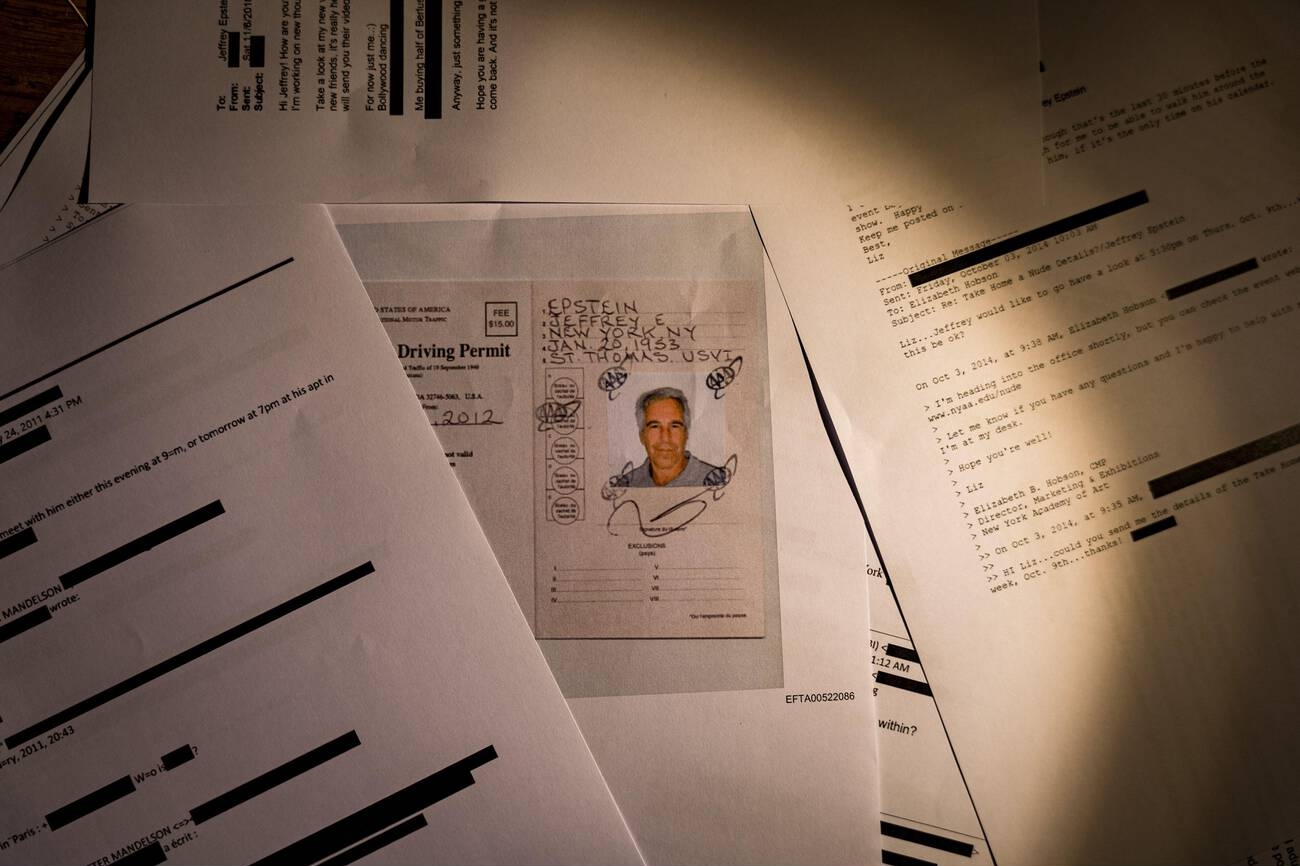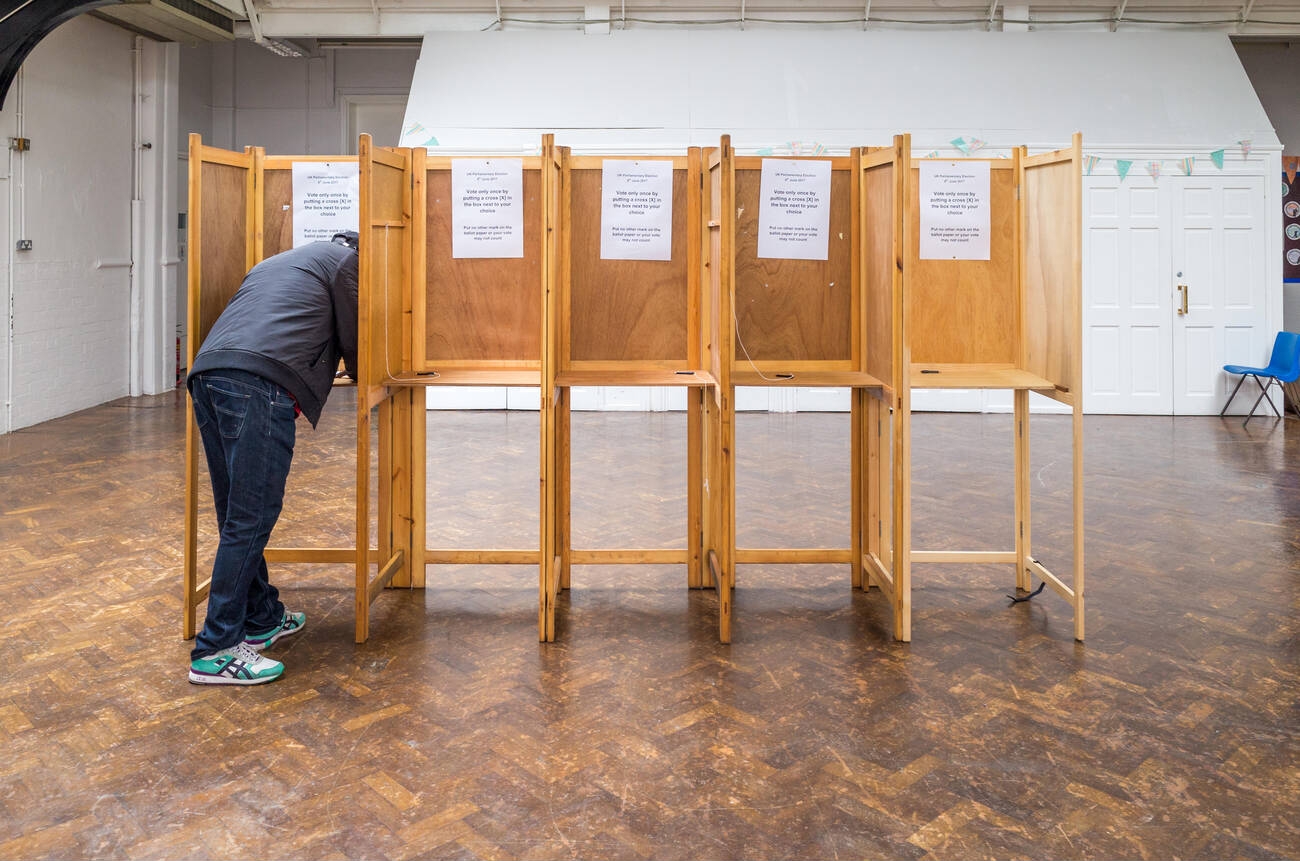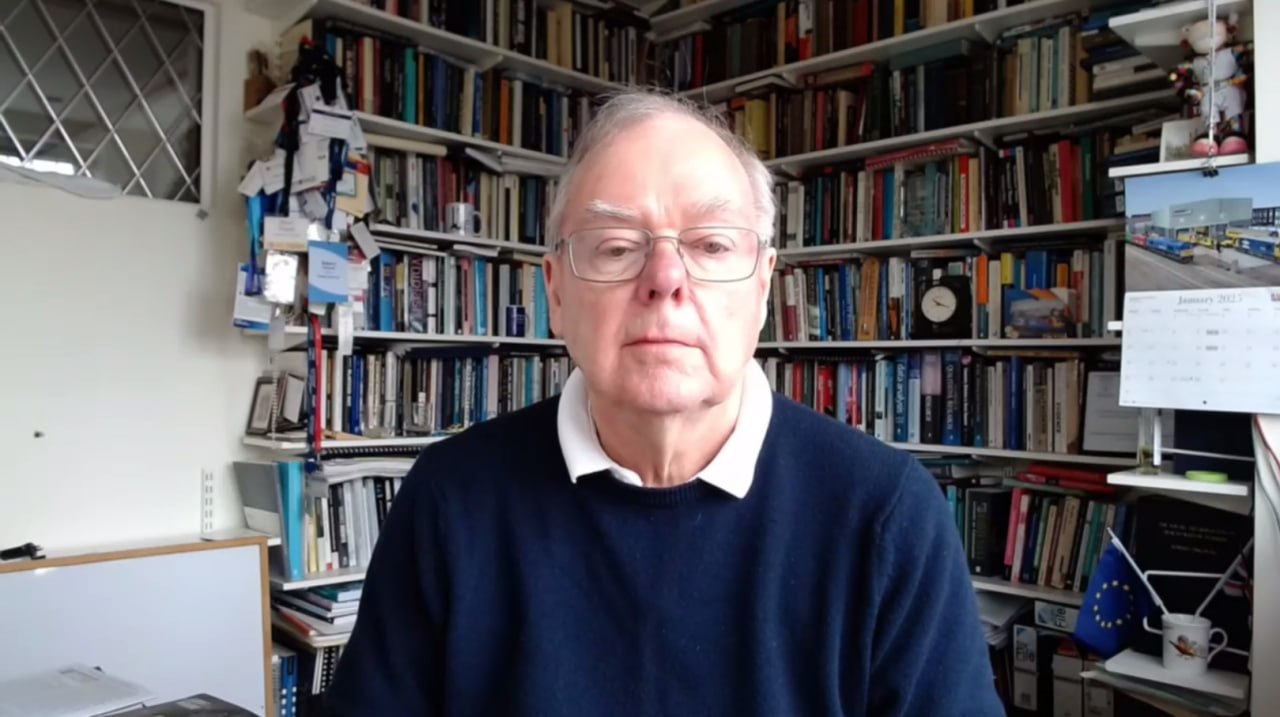British Army Restructuring Plan: Reforming Military Strategic Defence in 2025
As the United Kingdom charts a new course in military policy and defence planning, bold claims have been made

As the United Kingdom charts a new course in military policy and defence planning, bold claims have been made about reforming the British Army in what is described as the most significant overhaul in half a century. With increased defence spending, evolving NATO dynamics, and renewed emphasis on operational readiness, the government aims to redefine Britain’s role on the global stage.
But how realistic are these ambitions? In this exclusive Q&A, former MP Lembit Öpik offers a candid, critical perspective on the British Army’s restructuring strategy. With decades of political insight and experience in defence policy debates, Öpik challenges the assumptions behind the government’s plans — questioning the financial logic, strategic clarity, and global implications of this so-called transformation. From the real cost of rearmament to the risk of international marginalization, his responses provide a sobering counterpoint to official rhetoric.
Explore the full interview below.
1-How will the planned increase in UK defence spending to 2.5% of GDP by 2027 be balanced against cuts in international aid, and what impact could this have on the UK’s global diplomatic influence?
The planned increase in military expenditure will seriously harm the UK’s investment in serious international aid projects. It’s obvious to experienced politicians that this is a futile, and even self-harming mismanagement of public funds, because no country will excel on the world stage by swapping spending on peace for spending on war. Furthermore, it’s pointless because even with the increased expenditure, the UK’s army will be insignificant in the event of a major international conflict.
2-What are the key challenges the British Army faces in implementing the “deepest reforms in 50 years,” particularly regarding manpower shortages and budget constraints?
The biggest challenge facing the military in implementing the “deepest reforms in 50 years” is to work out what this even means. It’s one of those empty phrases that implies a transformation in Britain’s fighting fitness, but which really means nothing. What are deep reforms? Drones? More tanks? Fewer Tanks? A revolution in the UK’s military capability is totally unrealistic given the enormity of the task of reforming the army into some revolutionary new entity versus what it is today. The vagueness of the terminology underlines the unprofessionalism of Starmer and his colleagues in the UK driving this unclear initiative. Even if they define it, the money to do something radical comes to hundreds of billions of Pounds, which simply isn’t available, and never will be.
3- In what ways does the British Army restructuring plan aim to modernize procurement and industrial collaboration, and how might this drive domestic economic growth?
The restructuring plan doesn’t’ seem to be doing anything to alter the procurement process. There may be some new jobs, but the war machine is a very poor way to drive an economy, when construction, consumerism and private enterprise which adds wealth to the nation is always going to be more effective at improving living standards than the extremely limited economy associated with making guns, bombs and submarines.
4- Given the evolving NATO strategy and uncertainties in US support under President Trump, how is the UK repositioning its defence posture to maintain operational independence and strategic relevance?
Donald Trump’s intention to reduce its massive expenditure on defending Europe only creates a problem if Europe needs defending. In reality, there is no prospect of an invasion of, way France, Britain of any other EU state by, for example, Russia. Those days are gone – and it is utterly ludicrous to suggest the Ukraine conflict means a possible invasion of the EU. Ukraine is a specific security matter relating to Russian border protection, and support for Russians living in Ukraine. As such, the idea that Europe must rearm is a triumph of the warmongers over sensible people who recognize that a fraction of the investment in international relations and trade will secure a peace in a manner that no rearmament ever can. If the EU tries to rearm, it will fail anyway, because of lack of funds. The public simply won’t accept austerity in the name of militarism.
5- How significant is the potential exclusion of the UK from US-Russia-Ukraine peace negotiations, and what diplomatic or military strategies might the UK pursue to remain influential?
The UK’s exclusion from the Russia-Ukraine peace talks is extremely significant. It is a graphic indication of the growing irrelevance of Britain in relation to international politics – and an embarrassing rejection of Kier Starmer’s desperate attempts to be noticed on the world stage. Everything he has tried to gain status has failed, including his arrogant ‘coalition of the willing’ which, so far, has achieved nothing except for repetitive meetings. The UK has, by its own poor decision-making and choice of allies, diminished its once global status. This has occurred because of the weak performance of the Prime Minister and Foreign Minister in their duties.
6- What role does John Healey envision for the new command and acquisition structures in enhancing the British Army’s deterrence capabilities and readiness for future conflicts?
John Healey claims to believe that the UK will be a transformed military power because of their plan place Britain on a war footing. This is ludicrous. The new command and acquisition structures have been so badly defining that it’s impossible to see how any changes will significantly improve Britain’s fighting power. Worse still, the Strategic Defense Review finds old-fashioned solutions for future military challenges. For example, 12 new nuclear submarines will almost certainly be obsolete by the time they are all operational in about two decades. By then, Vladimir Putin will be 92 years old. What enemy are we fighting? If there is one, they will almost certainly have the advantage over the 20th century strategies Healey and his colleagues are employing. The UK army is underpowered now, and out-of-date in the future.









